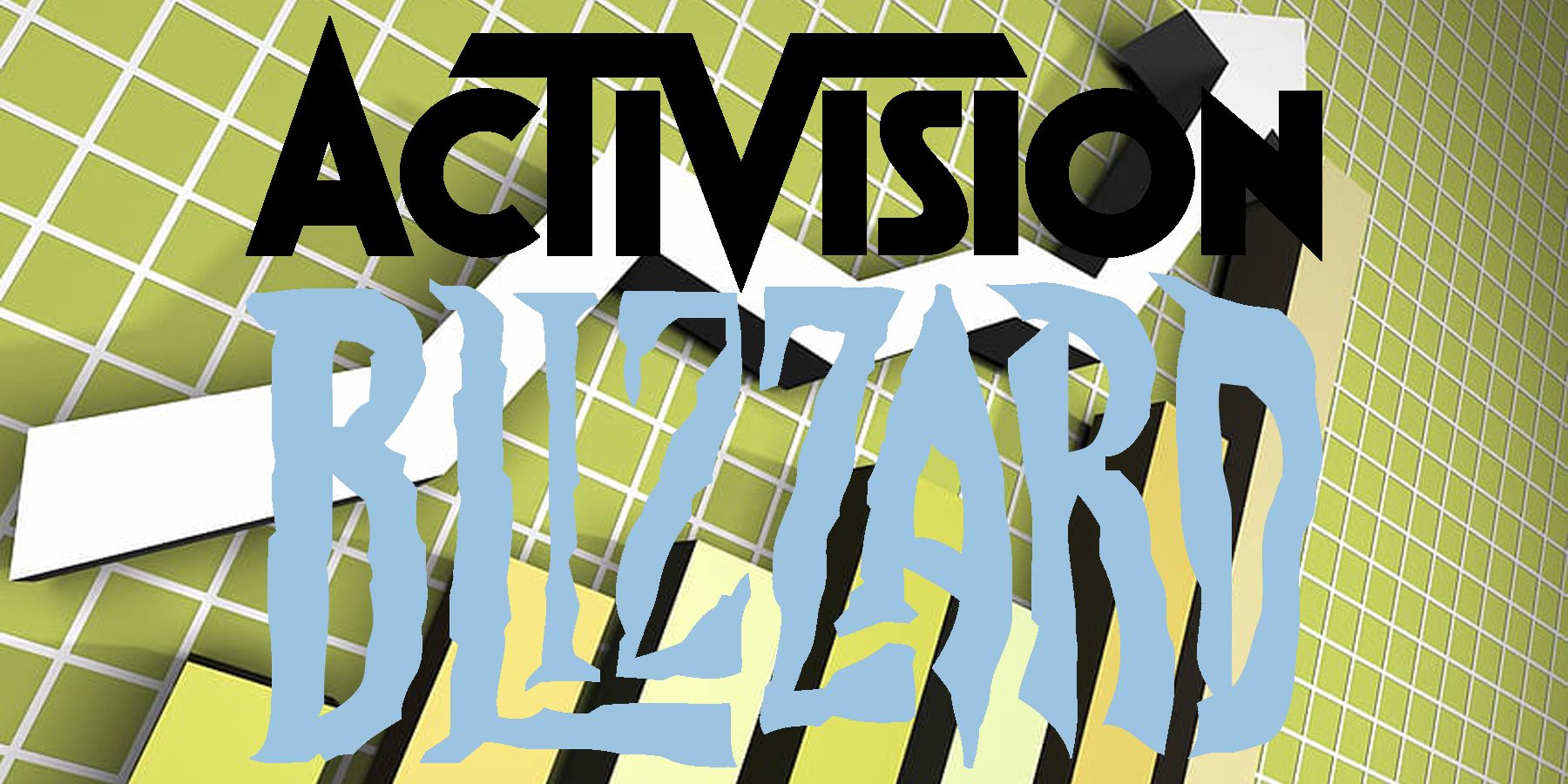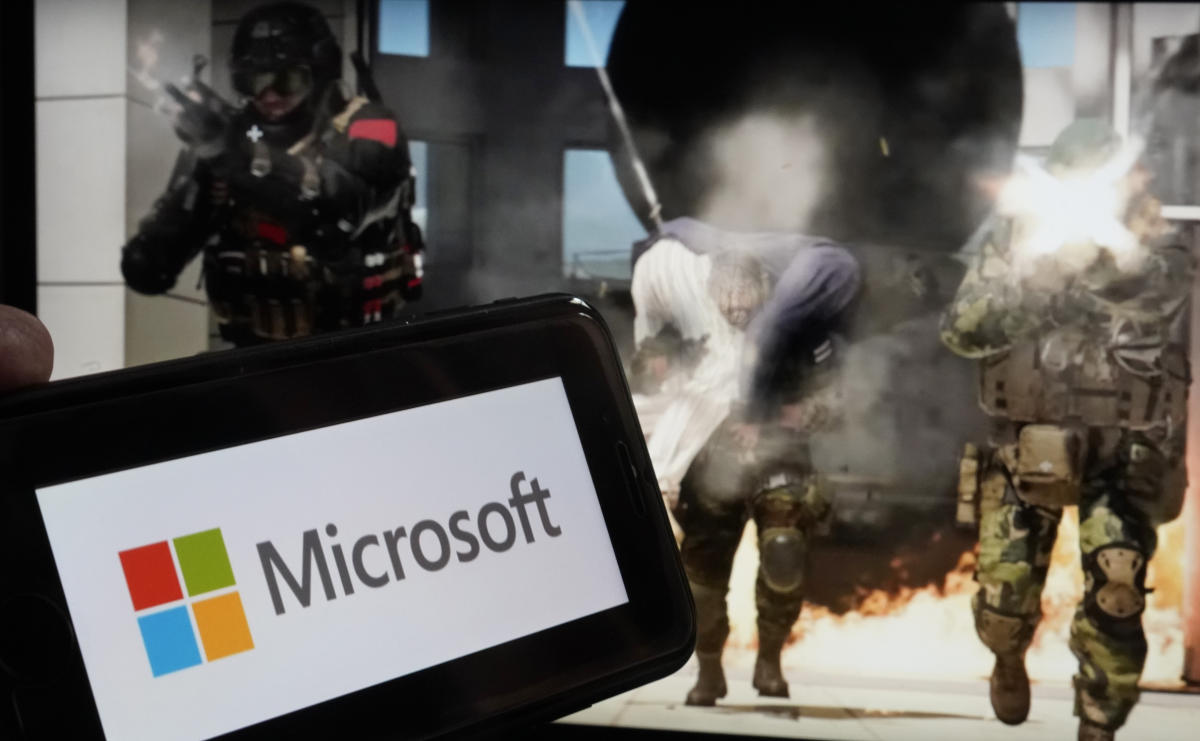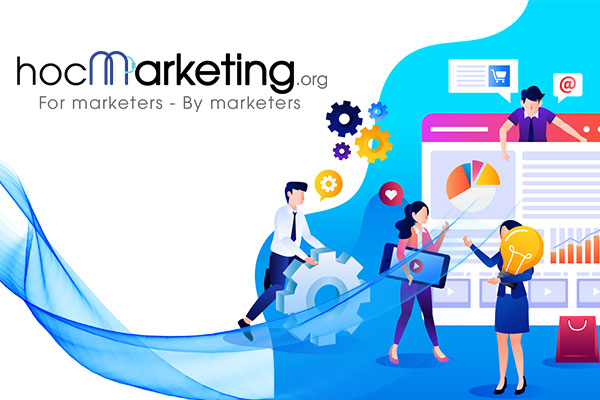Activision Stock Soars After FTC Ruling
In a major development for the gaming industry, Activision Blizzard’s stock experienced a significant surge following a Federal Trade Commission (FTC) ruling regarding Microsoft’s proposed acquisition of the video game publisher. This ruling has not only boosted Activision’s stock but has also raised questions about the future of the gaming market. Let’s delve into the details and explore the implications of this ruling.
FTC’s Bid to Halt Microsoft’s Acquisition

The FTC had attempted to temporarily halt Microsoft’s acquisition of Activision Blizzard, citing concerns about potential negative impacts on competition in the gaming industry. The federal judge, however, rejected the FTC’s bid, paving the way for the deal to proceed. This decision has led to a significant surge in Activision’s stock, signaling investor confidence in the deal’s successful completion.
Ruling’s Significance for Companies and the FTC

This ruling holds crucial implications for both Microsoft and Activision Blizzard, as well as the FTC. With the deal more likely to close now, it opens up a new chapter for the companies involved. Wedbush Securities Managing Director, Equity Research Michael Pachter offers valuable insights into what this ruling means for the companies and the FTC.
Microsoft’s Acquisition Boosts Confidence
The favorable ruling in Microsoft’s favor has resulted in a 10% surge in Activision Blizzard’s stock, sending a strong signal of confidence from investors. The acquisition presents significant opportunities for Microsoft, allowing it to expand its gaming portfolio and strengthen its position in the market.
Implications for the Gaming Industry
With Microsoft acquiring Activision Blizzard, industry dynamics are expected to shift significantly. The merger brings together two industry giants, which may lead to enhanced access to popular game franchises and potentially reshape the gaming landscape. However, concerns have been raised about possible exclusivity of certain franchises for Microsoft’s consoles, prompting scrutiny from industry players and regulators.
Challenges to the Microsoft-Activision Deal

The FTC’s opposition to the Microsoft-Activision deal was not the only challenge faced by the tech giant. Sony, the manufacturer of PlayStation 5, expressed concerns about potential exclusivity of popular franchises. While Microsoft denied this, critics point to previous takeovers that resulted in exclusive releases for Xbox consoles. The Competition and Markets Authority in the UK also poses another challenge that requires resolution.
FTC’s Disappointment and Next Steps

Although the federal judge’s ruling favored Microsoft and Activision, the FTC expressed disappointment and plans to continue challenging Microsoft in an upcoming antitrust hearing. The FTC believes that this merger poses potential threats to open competition in various gaming sectors, including cloud gaming, subscription services, and consoles. The agency is determined to preserve competition and protect consumer interests.
Optimism from Microsoft and Activision

In response to the ruling, Microsoft Vice Chair and President Brad Smith expressed relief and gratitude to the court for its decision. He emphasized Microsoft’s commitment to address regulatory concerns and collaboration for a timely resolution. Activision Blizzard CEO Bobby Kotick highlighted the merger’s ability to foster competition, benefit consumers, and allow for a more diverse and vibrant gaming industry.
Conclusion

The FTC ruling supporting Microsoft’s acquisition of Activision Blizzard has brought about significant shifts in the gaming industry. Activision’s stock surge reflects investor confidence in the deal’s potential success. This merger holds the promise of reshaping the industry landscape, enhancing access to popular game franchises, and driving competition. However, challenges lie ahead, as the FTC plans to continue its antitrust battle, and regulatory concerns in the UK should be addressed.
FAQs

1. What are the potential benefits of Microsoft’s acquisition of Activision Blizzard?
The acquisition presents various opportunities for Microsoft, such as expanding its gaming portfolio, strengthening its market position, and potentially reshaping the gaming industry landscape.
2. How will this ruling impact the gaming market?
The ruling has significant implications for the gaming market, as it brings together two industry giants and may lead to enhanced access to popular game franchises. It has the potential to create a shift in industry dynamics.
3. What challenges does the Microsoft-Activision deal face?
In addition to the FTC’s opposition, Sony’s concerns regarding exclusivity of franchises and the Competition and Markets Authority’s scrutiny in the UK pose challenges that need to be addressed for the deal to move forward smoothly.
4. Why is the FTC disappointed with the ruling?
The FTC is disappointed as it believes the merger could potentially harm open competition in cloud gaming, subscription services, and consoles. The agency is determined to protect consumer interests and preserve competition.
5. What is the outlook for the gaming industry following this ruling?
The ruling sets the stage for significant changes in the gaming industry, with the potential for increased competition, access to popular franchises, and the reshaping of the industry landscape. The future remains dynamic with regulatory challenges and market dynamics to navigate.

